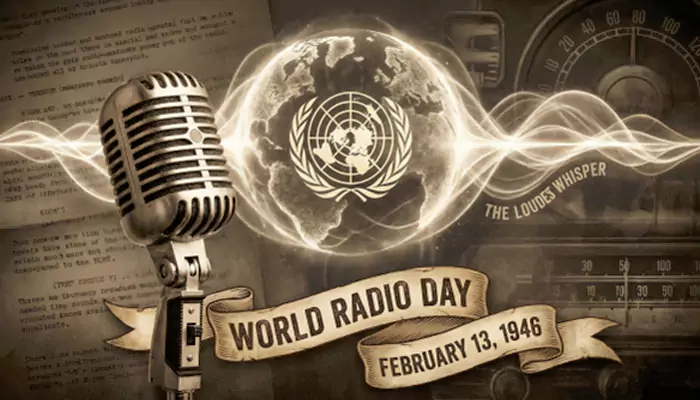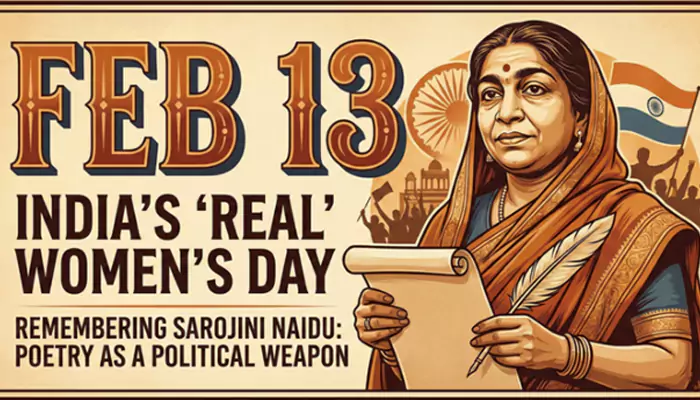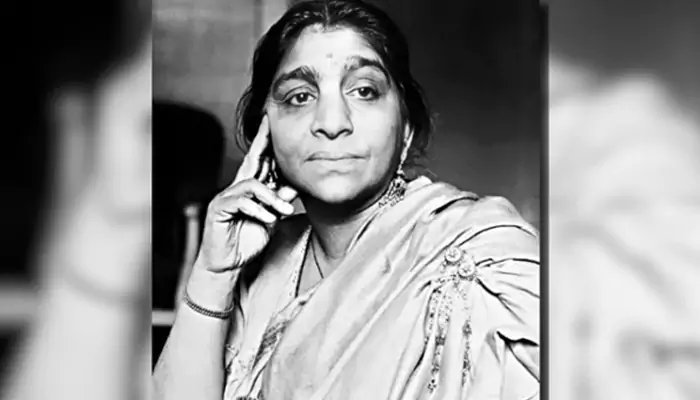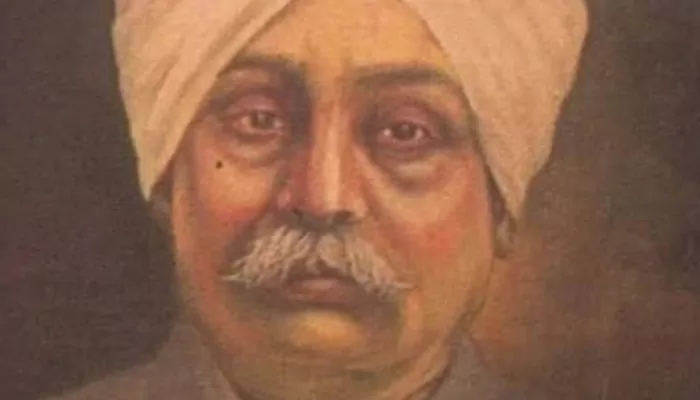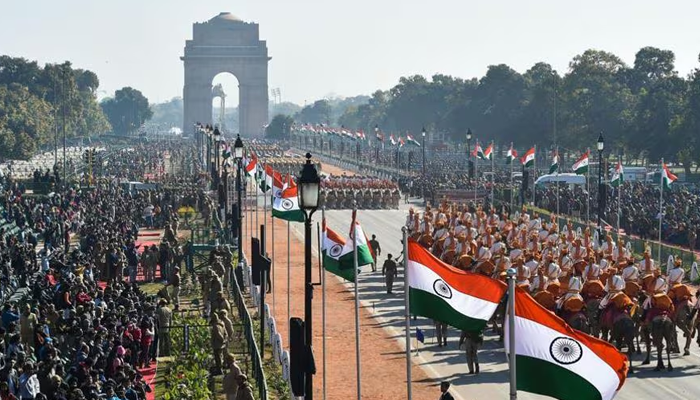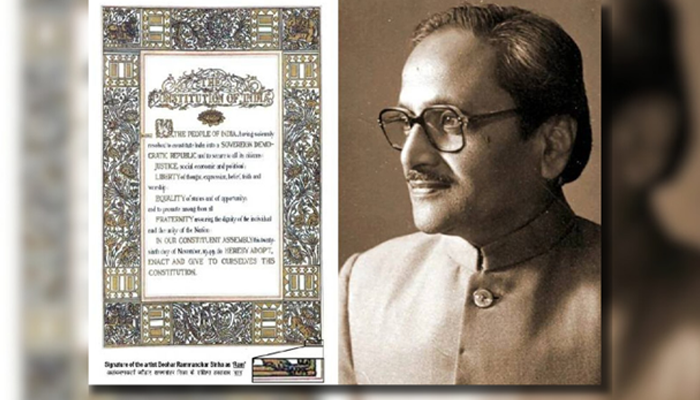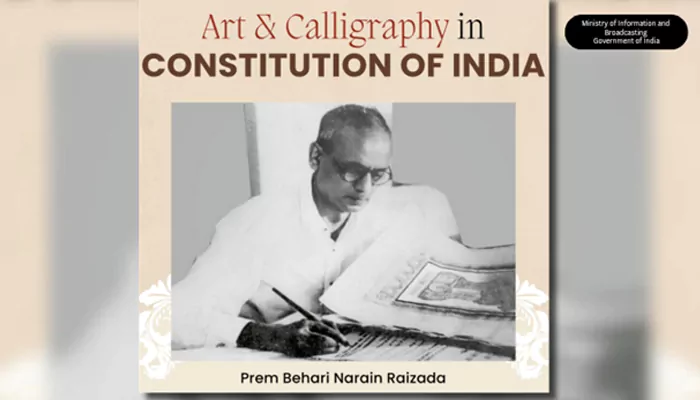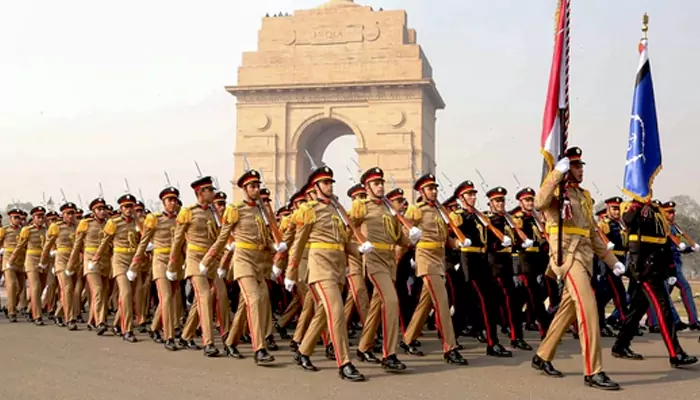On This Day - Emergency was Declared in India in 1975: How the Press was Affected During the Period
- Admin
- 2 years ago
- 2 minutes read
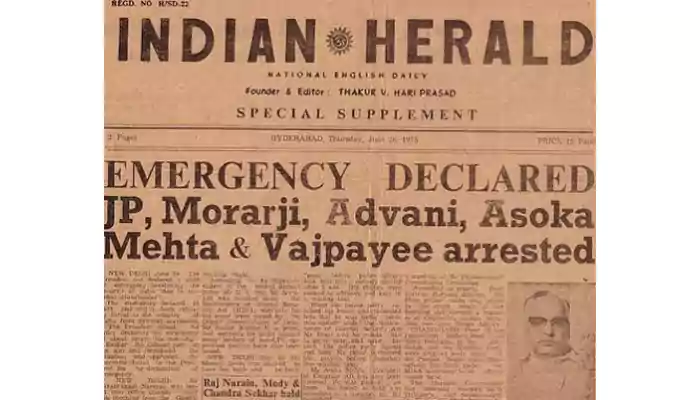
The press in India suffered its darkest time during the emergency period.
On this very date back in 1975, the then Prime Minister of India, Indira Gandhi, declared a state of emergency across the country. It was officially issued by then President Fakhruddin Ali Ahmed under Article 352 citing the threat to national security by "internal disturbances". It was in effect for about 21 months, till March 21, 1977.
"The President has proclaimed Emergency. There is nothing to panic about,” declared Indira Gandhi on All India Radio.
(Credit: _satyagraha)
All civil liberties were suspended during the emergency. The Constitution was amended, and many activists were thrown in jail under the Draconian rule of the government. Today, June 25 1975 - March 21 1977 is considered the most controversial period in India since its independence.
The press in India (considered the fourth pillar of democracy) suffered a huge setback during the period.
How The Press was Affected During the Emergency
The press in India saw its darkest time during the emergency. Freedom of speech was suspended, and various guidelines were imposed on the press.
The Indira Gandhi Government laid out lots of ground rules for journalists across the country. The government expelled many foreign journalists and correspondents and withdrew accreditation from more than 40 Indian reporters. Also, the government used Article 19 (2) of the Constitution (which imposes some "reasonable restrictions" on the freedom of the press) for almost two years.
Kalpana Sharma, former Editor of 'Himmat', recently shared in an interview that by the time they came to know about the situation, many leaders and activists had already been put in jail. She further explained one of the rules, saying that the media houses could publish a story only after getting permission from the Chief Press Advisor.
She said, "Where news is plainly dangerous, newspapers will assist the Chief Press Adviser by suppressing it themselves. Where doubts exist, reference may and should be made to the nearest press adviser.”
Within a few months, many big publications started protesting against the restrictions. The Indian Express and the Statesman left their editorial pages empty, which was then also followed by other publications.

